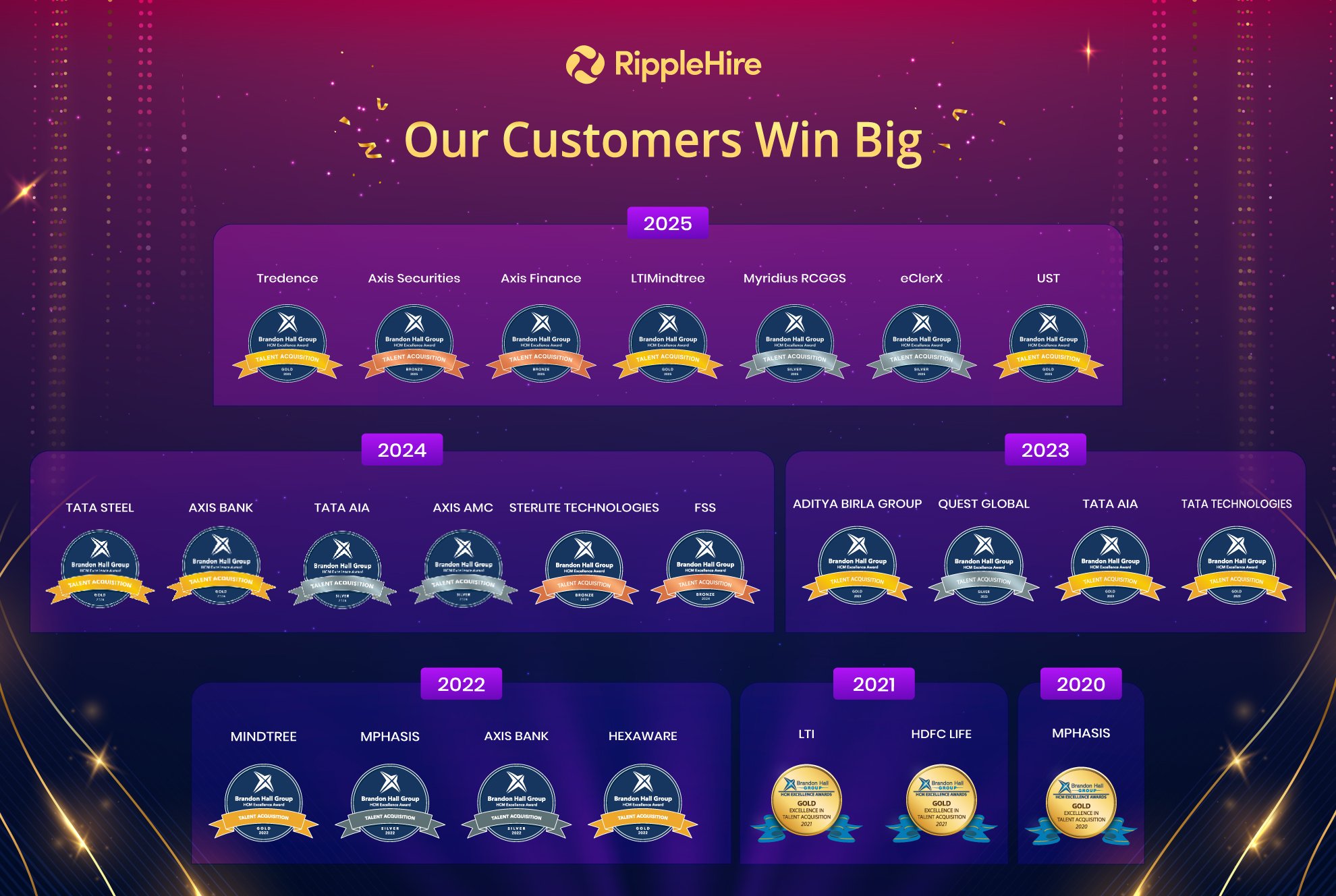When you think of the term ‘soft skills’ what exactly comes to your mind? Is it the image of a smooth salesman, or a convincing lawyer, or perhaps a relationship counsellor? Soft skills are required to succeed in all walks of life, and not just in selected professions.
The kind of soft skills required vary given the role in which you need to use them, and it depends on the circumstances as well. For example, a lawyer needs to be good at presenting convincing arguments to the jury, but she also needs to be good at calmly explaining the legal implications of a given case to her clients.
Job positions that test for communication skills
Before we dive further, here’s a list of some professions where communication skills are indispensable.
- Psychiatrists and psychologists
- Doctors
- Lawyers
- Financial advisors
- Teachers and professors
- Trainers
- Salespersons
- Managers
- Human Resource personnel
- Healthcare workers
Of course, this list is not exhaustive and the point to consider is that almost all professions require a certain degree of soft skills in order to be successful.
How to evaluate a candidate’s soft skills?
So as a recruiter, you need to evaluate the soft skills depending on the role for which you are hiring. If you are hiring a salesperson, you need to look for assertive and articulate communication. But if you are hiring a trainer, you are looking for expertise in the presentation and assessment of the audience.
Here are the top parameters that you can judge to evaluate a candidate’s soft skills.
Articulation in the CV
Even though most candidates would have presentable CVs, a few will stand out in the way they present their skillset. Keep an eye for the way they present their accomplishments and the value they are likely to bring to your organization. This doesn’t mean you should judge by flowery descriptions, but if you find quality articulation, the candidate probably deserves an interview at least.
On the other hand, a CV with spelling and grammatical errors wouldn’t be worth the time to read further.
Personal grooming
Of course, we should not get carried away by the first impression, but it surely matters a lot. If the candidate has taken care to groom himself well for the interview, it’s a sign of professionalism and evidence that they take the opportunity seriously. Unkempt or seemingly underconfident candidates are unlikely to be serious in their work.
Body language
Most of our communication is non-verbal and there are volumes on how to assess people’s body language. A fidgety candidate or one whose body language conveys arrogance is likely to carry forward nervousness or complacency into the job and will be incredibly difficult to train and manage. On the other hand, a candidate whose posture conveys humble confidence, along with honest eye contact will probably be easy to collaborate with and you will get good results at work.
Clarity of thought and speech
If the candidate is able to convey her thoughts clearly without stuttering or rambling on, she will be able to do the same with other stakeholders while on the job as well. On the other hand, if she is finding it hard to find the words to answer simple questions such as, ‘Tell me something about yourself’, then you probably wouldn't want to waste time interviewing her further. Also, the vocabulary, tone of voice, and accent are good parameters to judge.
Improvisation skills
Once the clarity of speech is established, you can look for their ability to maintain composure in challenging situations. Feel free to ask pointed questions asking them to elaborate on their claims. If they are able to illustrate with credible and convincing examples, then you are listening to someone that can be trusted to handle tricky situations at work. This will especially come in handy for salespersons, lawyers, and those in customer facing roles.
Written English (or the language required)
It’s a good idea to ask them to pen down their views on a given subject, or to ask them to draft an email by giving them a scenario. If the written assignment is done impressively, the candidate will never cut a sorry figure communicating with her colleagues. Candidates who write incoherently or with a poor vocabulary should not be considered for roles that require written communication through any channel.
Active listening
You can directly and unexpectedly ask the candidate to explain what they have understood after hearing a given matter. If they are unable to paraphrase, they have not been listening. On the other hand, if they simply repeat what you said without any insight of their own, then even though they might have a good memory, their grasping power is limited.
Awareness of the audience
This is quite an important soft skill, because a lot of times what and how one needs to communicate depends on the audience. For instance, a manager needs to be assertive and empathetic while communicating with a subordinate, but while communicating with upper management she needs to be humble and convincing.
This can be judged by giving the candidate a scenario (like saying what to whom and in what context) and asking her to explain what kind of tone and approach she would take while communicating in such an instance.
Evaluating soft skills as a recruiter
Soft skills are of quite a few types and not all of them are required for all candidates. So as a recruiter, it is up to you to judge what kind of a soft skill, whether active listening, body language, written communication, or any other soft skill is what is needed for a given job.
However, if you utilize the tips from this blog, you will be armed with the right approach and will be well on your way to making superb hiring decisions, and just be a talent-acquisition superhero.
And isn’t that all we want to be?
FAQs
Q1. Why are soft skills important in the hiring process?
Soft skills impact how employees collaborate, communicate, and solve problems. Unlike technical skills, soft skills influence a candidate’s ability to thrive in team dynamics, handle stress, and represent the company culture.
Q2. Which soft skills should recruiters prioritize during interviews?
It depends on the role. For sales or customer-facing jobs, prioritize articulation and improvisation. For internal coordination roles, active listening and clarity of thought may be more important.
Q3. How can I assess soft skills during a video or virtual interview?
Focus on body language, responsiveness, verbal clarity, and how they frame their answers. Use scenario-based questions and evaluate their ability to listen, respond thoughtfully, and adapt their tone to the context.
Q4. Should written communication be tested even for non-writing roles?
Yes, because most roles today require email communication. Asking candidates to draft an email or summarize a brief scenario helps assess their written clarity, tone, and grammar.
Q5. Is personal grooming really an indicator of professionalism?
While not a sole criterion, attention to grooming shows the candidate values the opportunity and can be a signal of professionalism, especially for roles with client or stakeholder interaction.
Q6. Can soft skills be improved after hiring?
Yes, but it depends on the candidate’s openness to feedback and the company’s commitment to learning and development. However, some foundational traits like empathy, adaptability, and communication are harder to teach.
Q7. How do I balance evaluating soft skills with technical qualifications?
For most roles, both are critical. Use the job description to define which soft skills are essential and which are nice to have. Then tailor your evaluation approach accordingly.
Q8. Can soft skills outweigh technical gaps in a candidate?
In some roles—especially those involving team management, sales, client interaction, or learning potential—strong soft skills can make up for technical gaps if the candidate shows willingness to learn.




















